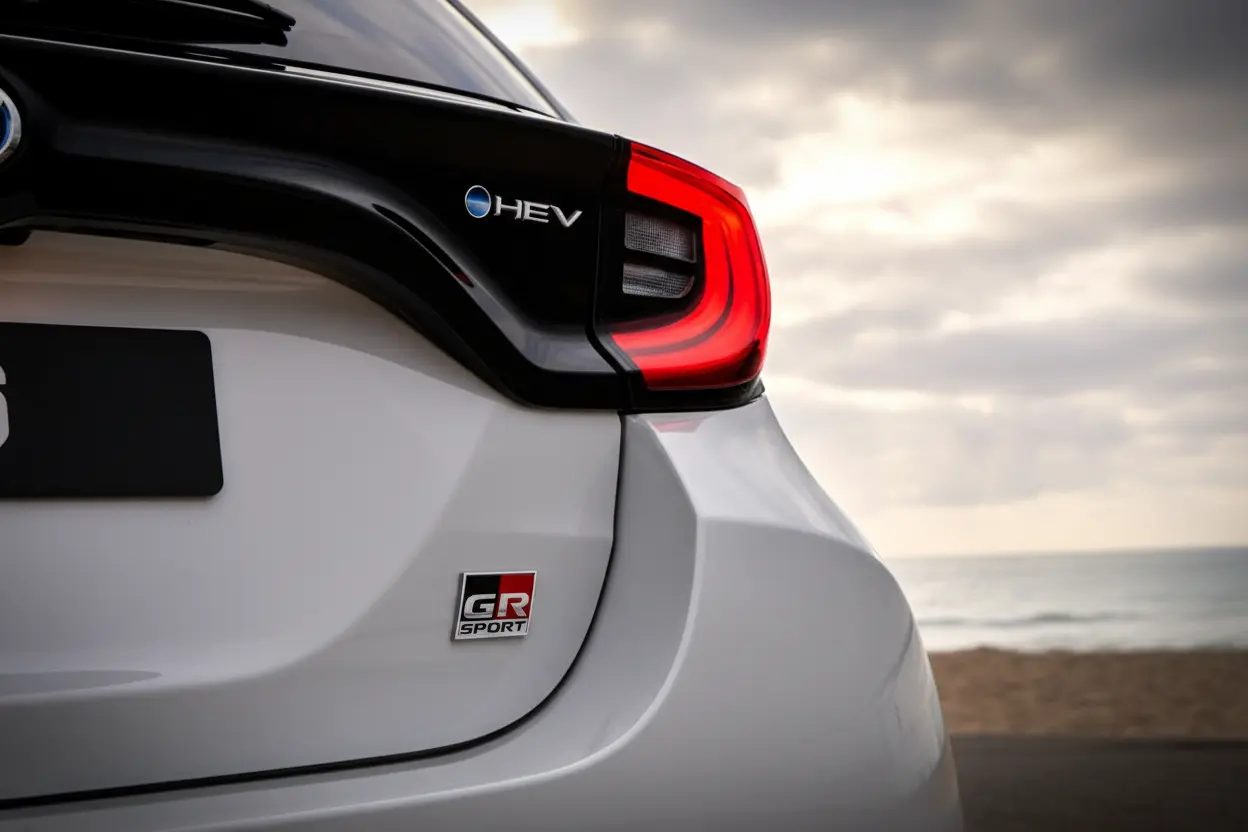Is this the most efficient city car ever? How the Yaris Hybrid almost matches its official fuel rating in real life
Beyond the Badge: How True is the Yaris Hybrid’s Efficiency?
When it comes to small cars that promise big savings, the Toyota Yaris Hybrid is hard to ignore. Its badge proudly proclaims frugality, but as always, the official WLTP label only tells half the story. Behind that neat number lies a world of real-life experiences. Just how close does this compact Japanese hatch get to its promised fuel figures on Dutch roads? And what explains the continued popularity of the Yaris, despite its modest size and price tag?
The first thing to remember—especially for those excited by lab-tested numbers—is that the advertised fuel consumption isn’t a hard promise. The WLTP figure is there to enable fair comparisons between models, not to lock in real-life expectations. That’s not unique to the Yaris; the same goes for plug-in hybrids. Yet, in a field where lab results often seem written in invisible ink, the Yaris Hybrid stands out for keeping its claims surprisingly close to reality.
Urban Advantage: Where the Yaris Hybrid Shines
Step into Dutch daily life and the differences quickly become obvious. In the city, the Yaris Hybrid makes the most of its electric motor, regenerative braking, and near-silent EV mode. Here, fuel consumption figures dipping toward four litres per hundred kilometres are genuinely within reach—a rare treat in a world dominated by gas-guzzlers.
Take the Yaris to the motorway, however, and the gap widens. At high speeds or on long stretches, fuel consumption rises noticeably—physics don’t just disappear with a press of a “hybrid” button. Still, few cars so closely align their official consumption figure with everyday urban use as the Yaris. In other words: in town, what you see is nearly what you get.
Two Flavours: 115 or 130?
Toyota has been offering the Yaris Hybrid in two distinct versions since 2024:
- Hybrid 115: This combines a 1.5-litre petrol engine with an electric motor, for a total system output of 116 horsepower. It’s the variant with the lowest consumption and the sharpest price tag. If you want efficiency over everything else, this is your logical pick.
- Hybrid 130: Prefer a little extra oomph? The 130-hp variant feels notably stronger—acceleration to 100 km/h takes about 9.2 seconds, making overtaking a breeze and highway journeys smoother. The trade-off: slightly higher average fuel consumption. So, what do you value more: squeezing every drop of petrol, or having some power in reserve for longer journeys and easier passing?
With a starting Dutch price tag of €26,895, the Yaris Hybrid positions itself firmly in the B-segment. Given its hybrid tech, comprehensive list of features, and Toyota’s reputation for reliability, many buyers consider this a fair deal.
Buying, Owning, and Living With the Yaris Hybrid
The market for nearly-new Yaris Hybrids is also heating up. For around €21,000, clever shoppers can find a scarcely used Yaris Hybrid 115, often with less than 30,000 kilometres on the odometer. That means savings not just at the pump, but upfront as well—music to the ears of practical drivers everywhere.
What do Dutch testers and owners say? Local reviews especially praise the balance between frugality and everyday usability. The Hybrid 115 is repeatedly named as the smart choice for commuters focused on city and regional driving, while the Hybrid 130’s quicker pace does get questioned in the face of its higher price.
Owners give high marks for:
- Low urban fuel consumption
- Smooth ride quality
- Generous standard equipment
But it’s not all silent electric whooshing. Some grumble about the sometimes whiny noises from the CVT transmission during hard acceleration, and the higher service costs for the first maintenance intervals do raise eyebrows.
With an official rating of 3.8 litres per 100 kilometres, the Yaris Hybrid makes its case as one of the most economical non-plug-in cars available in the Netherlands. Unlike some plug-ins, this isn’t a fantasy number: in cities and on shorter journeys, the Yaris comes surprisingly close to that target.
Are you zipping up and down the motorway? Fuel consumption won’t look as rosy, but it remains highly competitive compared to other petrol models. Add in the new-car price from €26,895 and used examples around €21,000, and the Yaris Hybrid presents a package that appeals not just to your rational side, but to your heart as well.
Conclusion: Smart on Paper, Strong in Practice
The Toyota Yaris Hybrid’s efficiency claims hold up remarkably well—especially if your life is zipped into the rhythm of urban streets. Factor in dependable technology, decent features, and appealing used prices, and it isn’t hard to see why so many Dutch buyers keep falling for this thrifty compact. If you want a city car that delivers on its promises without making you feel short-changed, the Yaris Hybrid deserves a spot at the top of your list.

John is a curious mind who loves to write about diverse topics. Passionate about sharing his thoughts and perspectives, he enjoys sparking conversations and encouraging discovery. For him, every subject is an invitation to discuss and learn.






